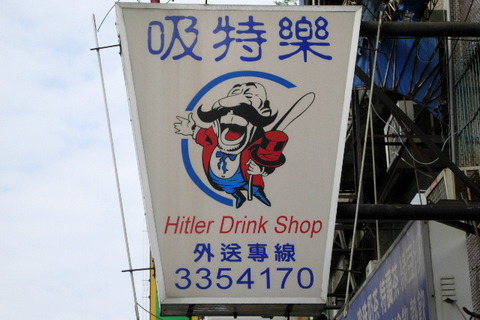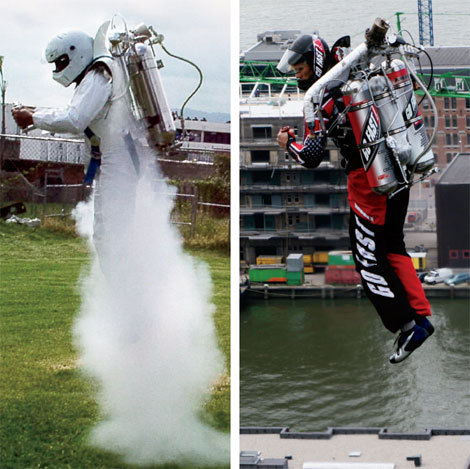From a story in Monday’s Taiwan News entitled, "Scholars point out martial law mentality lingers long after era":
"The former regime has made many Taiwanese live like walking corpses, living without passion. The 38 years of authoritative rule has also made them stop thinking, with many focusing only on how to make money," [a local professor of sociology] added.
I don’t know if I would go QUITE so far. "Walking corpses," and all that. However, I do have an observation – an anecdotal one – about my chats in English with middle-aged Taiwanese. Every now and then, in the course of a conversation, I will ask them an idle question: What do they think the penalty or punishment should be for some infraction or another?
What I will hear from such people – almost invariably – is what the punishment for such-and-such a crime IS.
At that point, I often scowl a bit and look at the person somewhat suspiciously. Because I didn’t ask them what the punishment IS – I asked them THEIR OPINION about what the punishment OUGHT TO BE. I scowl because I can’t help wondering whether my interlocutor has deliberately evaded answering my question.
I catch myself then, and try to give them the benefit of the doubt. After all, there’s a language barrier, so perhaps the person honestly misunderstood me. So I politely follow up by saying that I understand what the punishment IS, but what I would really like to know is what they think the punishment SHOULD BE.
The usual reply: "The punishment for such-and-such a crime is THIS. And I AGREE with that."
So I’m faced with two possible conclusions here. Either Taiwan is a society with a preternatural level of conformity, where all it’s middle-aged citizens agree WITH EVERY JUDGMENT meted out by the criminal justice system…or the middle-aged here have simply learned not to express their honest opinions about such matters.
After all, an openly-expressed opinion about how things SHOULD BE that differs in any way from the way things actually ARE is itself a criticism of the rulers that made things the way they are in the first place. And criticism of the country’s rulers was the sort of thing that could get someone in heap big trouble in the bad old days of martial law.
Well, that’s my own observation about "lingering martial law mentality" in Taiwan. Anecdotal? Absolutely. Try it yourself, and let me know the results. Try it with groups of Taiwanese, and try it with individuals. Taiwanese you know well, and those you don’t. The middle-aged, and the young.
I’m very interested in knowing if I’m onto something here, or whether I’m completely off base.
POSTSCRIPT: Along similar lines, I could relate a story about a place of employment in Taiwan that is known to me. In this workplace, certain Taiwanese employees freely talk about their support for Chinese nationalism.
Now it so happens that one of the employees there was once a political officer in the ROC armed forces. And apparently, nary a word is EVER spoken by his co-workers in favor of Taiwanese nationalism.
A brief explanation is in order here. Up until a few years ago, units in the Republic of China’s armed forces were organized along Leninist lines, headed by both military and political officers. Political officers were tasked with observing the military officers for signs of disloyalty towards the Party (KMT). They carried pistols, and were authorized to SHOOT military officers, in extreme cases.
Let me hasten to add that I’ve met this former political officer, and he seems like a very pleasant guy on a personal level. A great guy, in fact. But I still can’t escape the fact that none of his colleagues ever speaks in favor of Taiwanese nationalism. And I don’t think that’s by accident, either.





